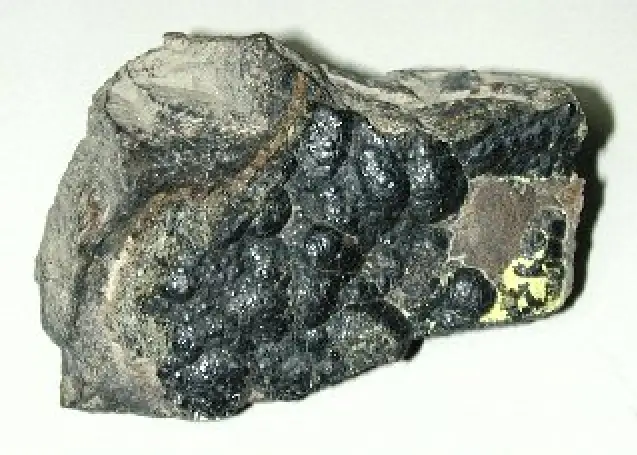Photo: Joachimsthal,Bohemia,Czechoslovakia Creative commons
On Tuesday, market research firm UxC warned that over the past three years, the price of uranium has doubled, and now that the government of Niger, a key supplier of uranium, has been overthrown in a coup, it may surge further. Niger is the seventh largest producer of Uranium in the world.
The research firm issued its warning as the operator of Niger’s uranium mines, French nuclear fuel company Orano, has announced it is continuing operations in spite of the coup, as well as the evacuation of French citizens from the country by the government of France. The company clarified that 99% of its staff in the country are Nigerian citizens.
President of UxC Jonathan Hinze, in an interview with the Reuters news service, said, “An event like this could take a bit more time to seep into the market psychology. We could very well still see bigger impacts in the days and weeks to come.”
He added, “All indications would be that this would be a catalyst for upward moves in the uranium price given the overall tight supply/demand balance in uranium at this time.”
Used for purposes as varied as treating cancer and the production of nuclear power, uranium saw its spot price rise from $56.15 per pound a week ago on Monday, to $56.25 a pound this past Monday. Hinze pointed out the change in the spot price tends to be moderated by the fact that Orano’s uranium is sold on long-term contracts, and sales tend to be low on the spot market in the summer. In 2007 the radioactive metal hit a record high of $140 per pound.
Amid the uncertainty of Russian supplies, the International Energy Agency (IEA), warned of potential price spikes due to increases in demand for critical minerals worldwide, including uranium, which are being produced by drives to decarbonize energy infrastructure that are renewing interest in decarbonized alternatives such as nuclear power.
Last year Niger was the second largest producer of uranium supplying the EU, after Russian supplies dropped off, according to Euratom, the European Union nuclear agency.
On Tuesday, the agency noted that EU utilities keep sufficient inventories of uranium on hand to last for three years, so even should Niger cut uranium deliveries entirely, there would be no immediate risk to nuclear power production in Europe.
Last week in Niger, a coalition of members of the military overthrew President Mohamed Bazoum in a military coup, detaining him and seizing power. The leaders of the coup justified their actions by pointing to the “deteriorating” security situation, as well as the “poor economic and social governance,” which they point out has left a country with diamonds, oils, and uranium poor, and under the control of foreign corporations.

